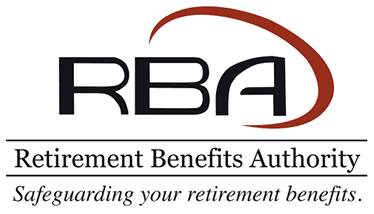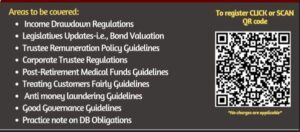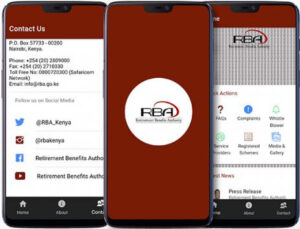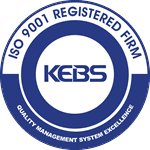Complaints and Procedures
Procedure for filing Complaints
The Retirement Benefits Authority (the RBA) has as one of its mandates under section 5 of the Retirement Benefits Act (the Act) the role to “protect the interests of members and sponsors of retirement benefits schemes”. Towards this end, the RBA investigates and makes decisions on complaints or disputes between parties to a retirement benefits scheme and especially between trustees and members.
Section 46 of the Act provides that “Any member of a scheme who is dissatisfied with the decision of the manager, custodian or trustees of a scheme may request, in writing, that such decision be reviewed by the Chief Executive Officer with a view to ensuring that such decision is made in accordance with the provisions of the relevant scheme rules or the Act under which the scheme is established. A copy of every request under this section shall be served on the manager, trustees or custodian of the scheme”. In addition to members of schemes, trustees, sponsors and service providers are free to ask the RBA to decide on complaints and disputes relating to management of retirement benefits schemes.
The RBA with the power to make decisions on matters relating to retirement benefits, investigates and decides complaints and disputes relating to the way retirement benefits schemes are run. The RBA’s decision is final and binding on all the parties to the complaint and can be enforced in a court of law. Decisions of the RBA can only be challenged by appealing to the Retirement Benefits Appeal Tribunal set up under Section 47 of the Act
A complaint can be defined as an oral or written expression of dissatisfaction or concern about issues or about actions or lack of actions. In this context complaints will be with regard to matters relating to the Retirement Benefits Industry.
Complaints must be that the party complained against has behaved in a way which constitutes unsafe and unsound practice the conduct which has caused injustice. Disputes can be disagreements concerning fact or law.
The RBA cannot deal with or investigate:
- Complaints about the Civil Service Pension Scheme (government pension) or other government benefits. Such complaints should be taken up with the office of the Secretary/Director of Pensions as these schemes are exempt from RBA regulation under Section 32 of the Act .
- Complaints about the way that financial services business (outside fund management and custody) is carried out by organisations and people regulated by the Central Bank of Kenya, Insurance Regulatory Authority, Capital Markets Authority or bodies approved by them. Generally this means that the RBA will not deal with the way in which financial products are structured, sold and marketed these roles are outside the RBA’s mandate.
- Complaints or disputes already subject to court proceedings dealing with matters other than those related to retirement benefits (an employment tribunal counts as a court).
- Matters subject to regulation by the Industrial Court. There are certain matters regulated by the Employment Act which may form part of terminal benefits (but are not retirement benefits) that the RBA cannot make findings about.
- Complaints or disputes that arose before the 8th of October 2000, the date on which the enabling Regulations to the Retirement Benefits Act came into force.
The Process
- Retirement benefits schemes are required by law to have a formal internal dispute resolution mechanism.
- The RBA expects that in the first instance a complaint should be taken up in writing with the party thought to be at fault. Where the requirement applies, if the party complained against has not been given the opportunity to issue their decision on a matter, then the RBA cannot deal with the matter.
- The RBA further expects that individuals who want to lodge a complaint to first seek dialogue with the party complained against. It has been noted that in many cases complaints arise due to lack of communication between the parties or misinterpretation of the rules of a scheme.
- The RBA will deal with complaints received in writing since it is important to keep a record of what is said. A complaint lodged during a visit or on telephone must subsequently be put in writing.
- The RBA requires that complaints are lodged formally on an official complaints form prepared for this purpose. Notes on how to file the complaint are also given on the complaints form. The form to be used by members is available at the RBA’s office and website at no cost. Trustees, sponsors and service providers wishing to complain are required to do so in writing.
- The RBA’s staff will acknowledge your complaint within fourteen days and where applicable ask for further information relating to your case. When the RBA’s staff have all the relevant papers, they will commence the complaints process and copy all correspondence to you. If the RBA cannot address your complaint, you will receive an explanation.
- When the RBA receives a complaint that can be upheld then investigations begin. On average, complaints take about one month to resolve. However the investigation process may sometimes take a while where a complaint is complicated and everyone has to be given a chance to express their views. Those who file complaints are requested to be patient while the RBA investigates the complaints.
Time limits
As a general rule complaints and disputes should usually be made in writing to the Retirement Benefits Authority within three (3) years of the act or omission complained about or disputed. If you did not know about the matter at the time, the three (3) years will run from the time that you knew or ought to have known about the act or omission






